5 (or so) Questions with Editor-in-Chief and Founder, Emily Broadmore
What is the point of Folly? Why are you doing it?
Folly came about because we wanted a publication full of the sort of content we want to read. Works that balance the commercial and literary genres, that are insightful yet light, funny and, in some instances, provocative. There are plenty of examples overseas (Noon Annual, Monofiction, F[r]iction and American Chordata for instance), which publish a mix of lit, lite-lit and everything in between. We wanted to provide a platform like this for New Zealand stories. I spoke to the editors of many of these journals ahead of launching Folly. The name Folly is obviously a play on words – the whole project is a folly but we all believe in the vision. We will be here in 20 years.
Do you have a literary background?
Not at all, and this is the point of Folly. We want Folly to be approachable and appealing to a much wider audience than those who generally read literary journals. We have a team on board to support the editorial process, including copywriters, poets and authors. But we also have a strong vision and idea of what we are looking for.
Do you write?
I run a PR agency by day and as a result I have several manuscripts sitting in a drawer waiting for me to find the time to edit them. In the meantime I amuse myself with short stories – and wonderfully have had some limited success overseas in online journals and small presses. This all taught me just how specific each journal or competition is – there is a vision and a ‘hook’ of sorts each is looking for. It also made me realise that there was scope for a journal like Folly in NZ.
Is Folly digital only?
We don’t intend to publish works online. Like Noon Annual we decided to publish only once per year. This is partially due to capacity – we are a small team. Although with the success so far we are actively resourcing the editorial arm for 2024.
Why are you open to international submissions?
We believe there is a need to elevate the New Zealand story, and explore what a New Zealand story even is. This means we are interested to hear other perspectives and works that may somehow resonate with a domestic audience. This means international submissions are being chosen based on their relatability to New Zealanders, whether directly or indirectly through juxtaposition or provision of commentary on social behaviours that transcend geographical boundaries.
Why the emphasis on satire?
It’s not so much an emphasis on satire – we are looking for captivating narratives infused with humor, wit, and intelligence that shed light on the intricacies of the social landscape. Whether it's an exploration of peculiar trends in Manhattan or the nuances of strained social situations in Timaru, we value writing that offers insights into various aspects of life. Life in general has been strained over this Covid era, and it’s nice to have the ability to laugh at ourselves – at life.
What advice would you give to a novice writer experiencing imposter syndrome?
We are working with novice writers whose work has soul and energy. Whilst I wouldn’t encourage rough drafts, there are occasions where a very unpolished piece holds so much emotion that we are willing to pair the writer with a member of our editorial team in order to pull the work up to a publishable standard. You must write with fearless energy.
Who are your favourite writers?
I have been obsessed with Lisa Taddeo ever since I heard her interviewed on the Always Take Notes podcast, Emma Jane Unsworth is simply hilarious, and Ottesa Moshfegh provides the wow factor through the way she surprises readers with unexpected detail.

